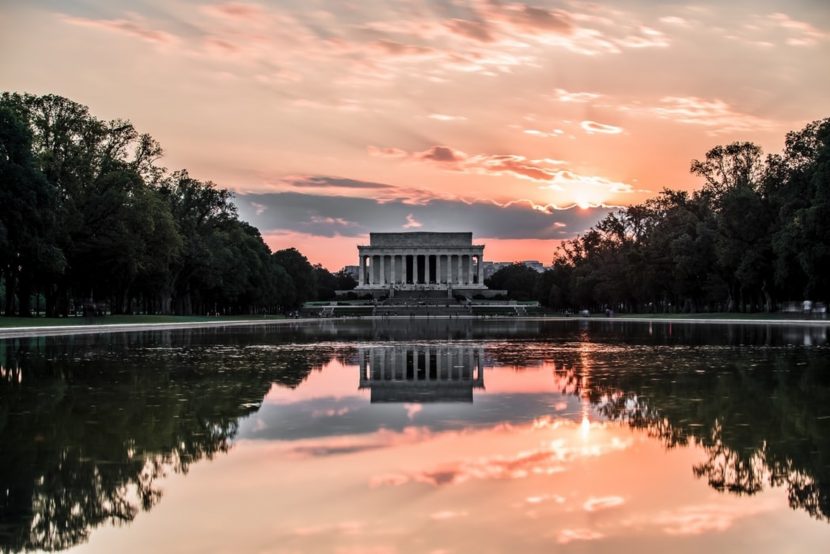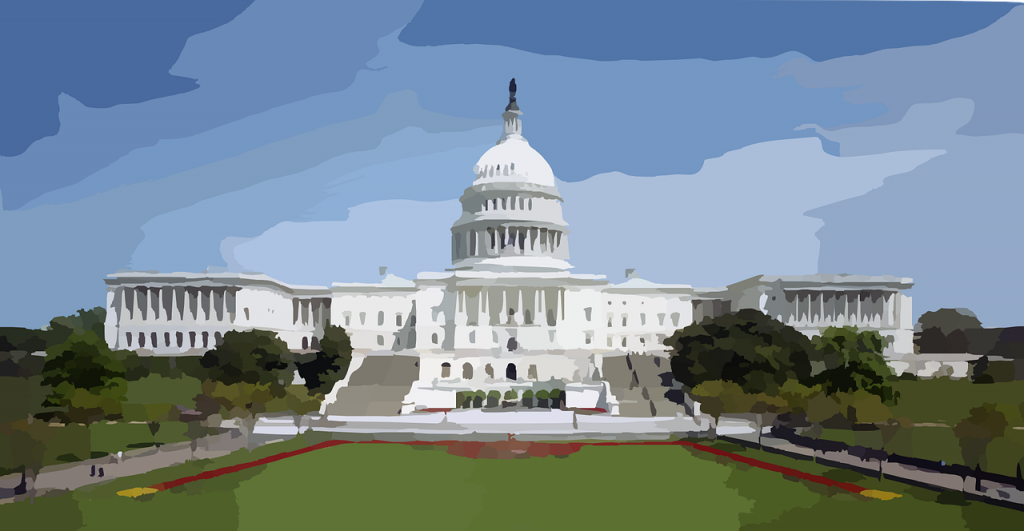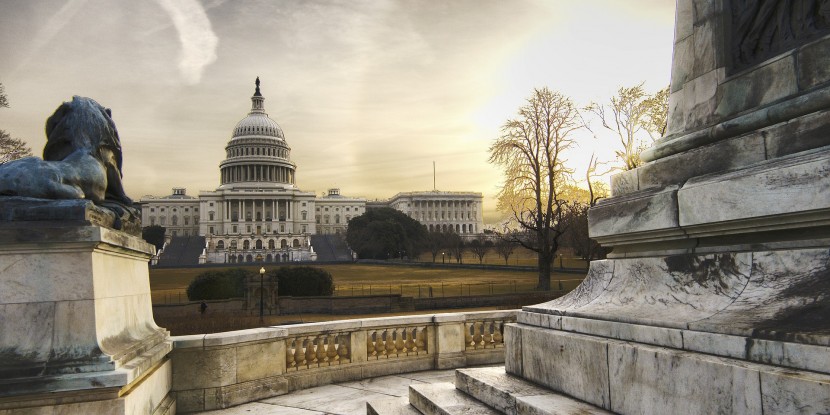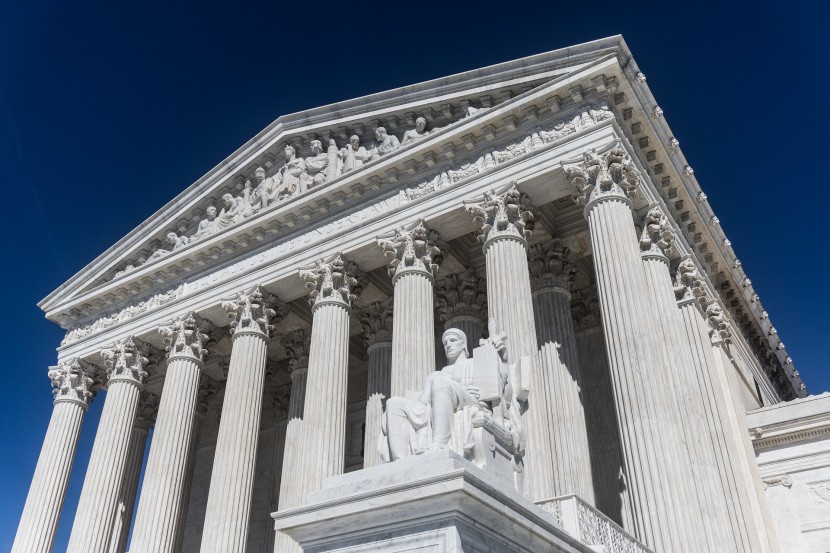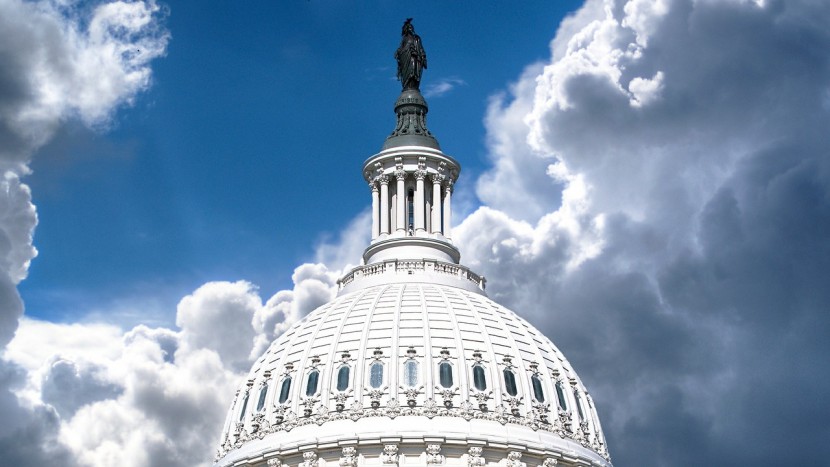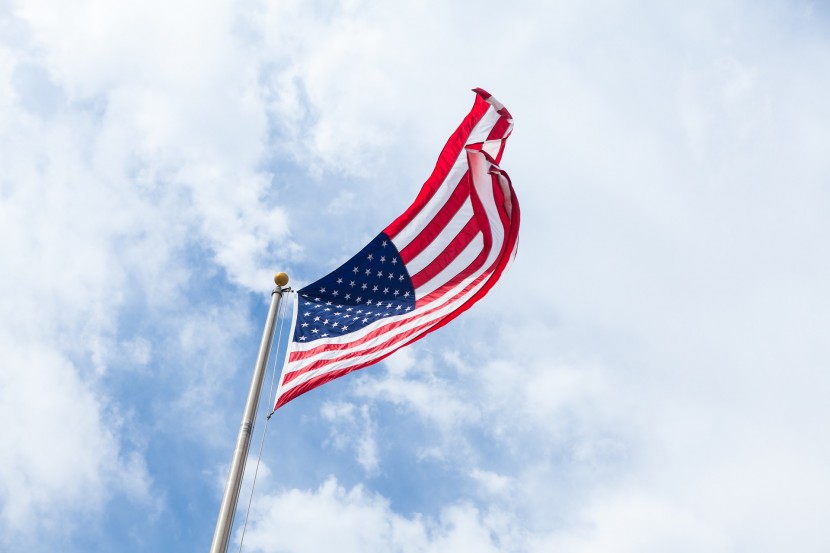As the focal point of American legislation, Washington D.C. is a top moving destination for people from around the world. Currently, the city is experiencing an influx of young talents in their mid-twenties, unlike anything it’s ever seen before. Every month, several individuals move to the city, so it’s probable that the people you will meet there are not locals. The capital is an extremely transitory city where individuals simply go back and forth. Here, entertainment and culture abound, and professional openings are abundant in many prestigious industries.
Contemplating Moving to The Capital?
If you’re thinking about a relocation to Washington D.C., it’s best to plan your move thoroughly. This includes familiarizing yourself with the DC area and thinking through the pros and cons of living in this bustling town. Before leaping into the moving logistics, here are some insights on what it’s like to live here:
Employment Benefits of D.C.
Moving to Washington, D.C. has countless of perks, but the main ones include:
- One of the lowest unemployment rates in the nation at 5.9 percent
- 84,000 new jobs each year
- 6 percent job growth
- High median income
- Public transportation is efficient
In DC, there are lots of job opportunities in many lucrative industries besides just government. According to City-Data, DC also boasts strong job markets for those in the tourism, hospitality, finance, telecommunications, and computer industries. With steady job growth and high household median income, DC promises enticing career opportunities. Plus, the ease of public transportation makes commuting to work a breeze.
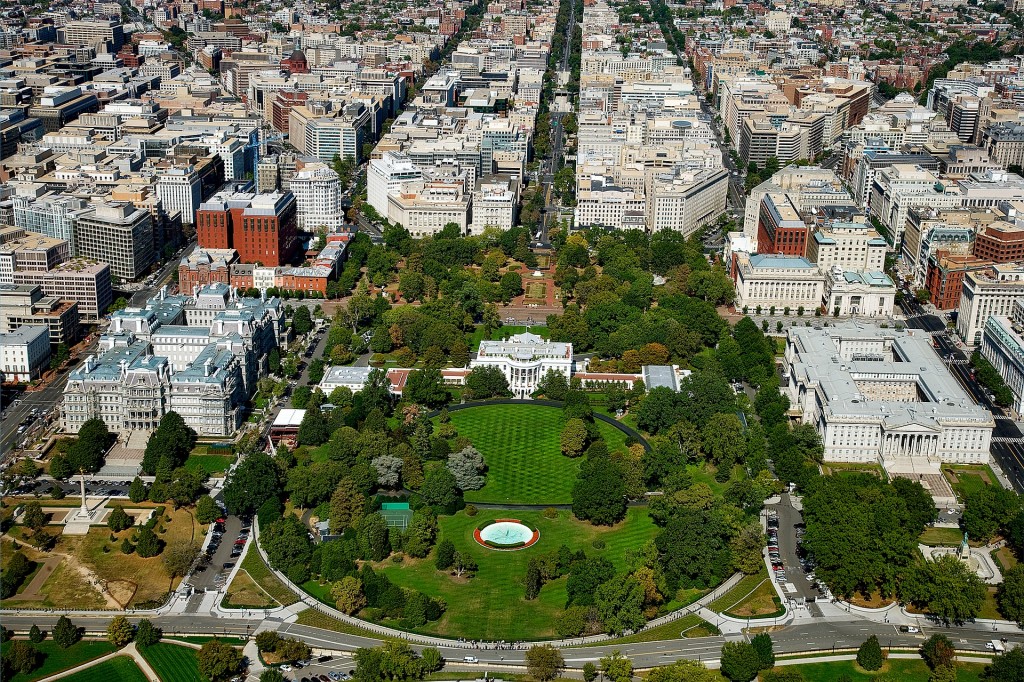
Population of Washington Metro
Many individuals who move to Washington, D.C. are shocked at how much smaller it is than expected. As the most influential city in the world, D.C. is packed with offices and associations, but many businesses and most locals reside outside of the city limits. Neither a state nor a city, the District of Columbia is home to around a million inhabitants. However, the entire D.C. metropolis, which spreads into Maryland and Virginia, is ten times more populous.
Cost of Living in DC
One downside of living in Washington, D.C. is that it has the third highest cost of living in the country, right up there with cities like New York and San Francisco. However, the average family income is at $58,600, higher than other urban areas in America.
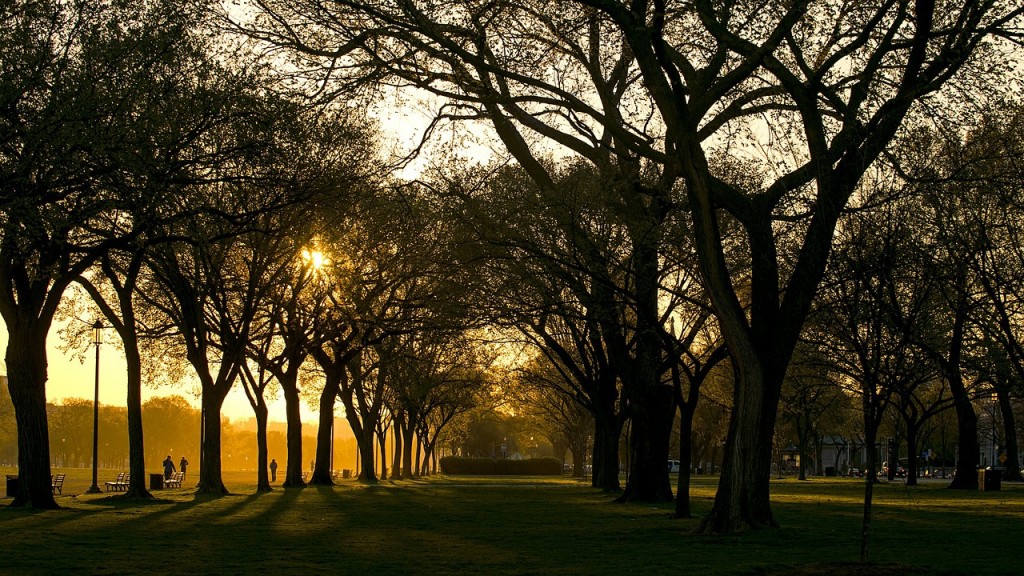
The Washingtonian Lifestyle
The city’s climate is warm and humid during the summer and cold during the winter, with average lows in the mid-20s. Like much of the East Coast, it’s not uncommon for DC to get hit by Northeasters that dump lots of snowfall in a short period. Overall, DC gets around 13 inches of snow.
Not only is DC an incredible place for job opportunities, but it’s also a lovely place to enjoy life outside of work. The area boasts many museums, art exhibits, and other cultural institutions, along with a thriving food scene. If you move here, you’ll never lack for things to do.
Washington D.C. offers residents abundant career options, a strong economy, easy commuting, and a wealth of entertainment options. As you plan your move to this world-class city, we suggest you get quotes from cheap long distance moving companies. Living here is expensive, so you’ll want to do what you can to minimize the cost of the move itself.


